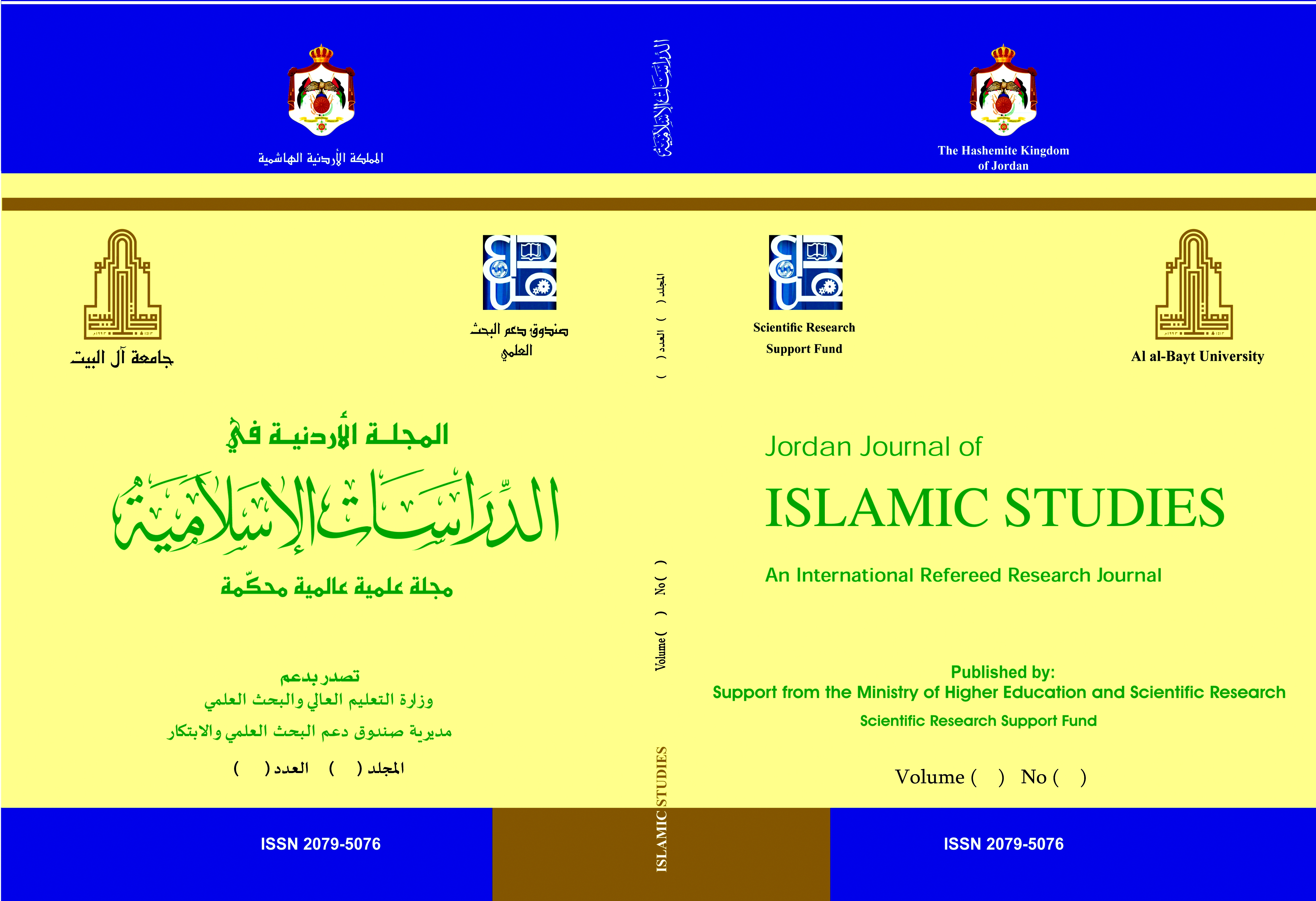Jordan Journal of Islamic Studies

Abstract
This study aimed to examine the traditional banks employees' attitudes towards establishing Islamic Windows in their banks in Jordan, A questionnaire was prepared for this purpose, and was distributed for 114 employees in 6 major traditional Jordanian banks, and the questionnaire was analyzed by using the SPSS program.
The result of the study showed the motivations for establishing these windows according to the employees' opinions; such as global interest in Islamic banking, and maximizing profits; also showed the controls that should regulate these windows; such as appointing an Sharia' supervisory board, and the administrative and financial separation between the window and mother bank; the most important expected advantages from these windows were; expanding the Islamic finance base, spreading the Islamic banking awareness, and solving the problems of liquidity and correspondent bank for Islamic banks; the most important expected disadvantages were; delaying the disposing of Reba in the Islamic countries, the inability of the Islamic windows to pledge to the Sharia' controls, the traditional banks well not convert to the Islamic banking system, the difficulty to separate the windows and the mother bank financially; when surpass between the advantages and disadvantages, the disadvantages outweighed the advantages, the study recommended that Islamic windows should not be allowed, and requested the traditional banks to convert to Islamic banking system.
Recommended Citation
Khreis, Naguib Samir; Barakat, Emad Rafiq; Al-Quraan, Rabie Awad; and Khasawneh, Hazem Wasfi
(2018)
"فتح نوافذ إسلامية في البنوك التجارية التقليدية الأردنية من وجهة نظر العاملين فيها Opening Islamic Sections in the Traditional Jordanian Commercial Banks from their Workers’ Perspective,"
Jordan Journal of Islamic Studies: Vol. 14:
Iss.
4, Article 20.
Available at:
https://digitalcommons.aaru.edu.jo/jois/vol14/iss4/20

